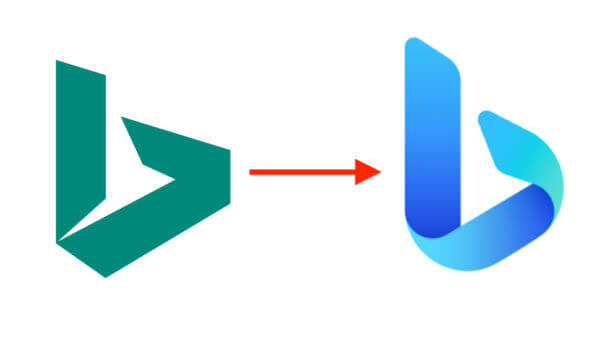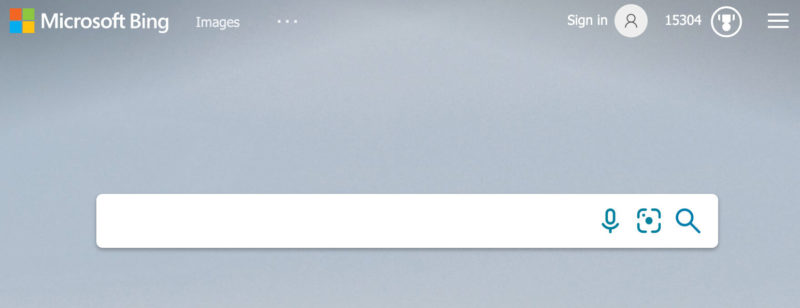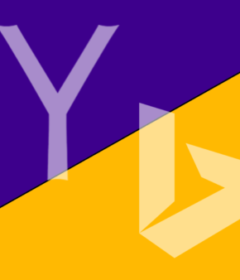Bing rebrands as Microsoft Bing, expands Give with Bing

The rebrand includes new logos, and Give with Bing is now available in seven markets.
Microsoft has rebranded Bing, the company announced Monday, to incorporate the parent name. The now-dubbed “Microsoft Bing” also has a new logo. The company also announced an expansion of Give with Bing, an extension of Microsoft Rewards that lets users donate their points to a nonprofit organization of their choice, alongside the rebrand.
The rebrand. The new logo can be seen in Bing’s favicon, but does not appear on Bing.com or in the search results. Instead, a four-panel Microsoft Bing logo appears in those locations.

The new curved logo was first spotted as a test in April, and the Microsoft Bing logo (seen above) was also spotted as a test in August.
Microsoft said the new name “reflects the continued integration of our search experiences across the Microsoft family.” Bing is integrated into Office 365, the Edge browser and other Microsoft products.
RELATED: Bing Ads rebrands as Microsoft Advertising
Searching for a good cause. Microsoft has also expanded Give with Bing to include over 1.4 million nonprofit organizations worldwide, and the program itself is now live for users in the U.S., UK, Canada, Australia, France, Italy, Germany and Spain.
Give with Bing enables users enrolled in Microsoft Rewards, the company’s loyalty program in which users earn points for performing searches, to donate their points to support a cause of their choice. Bing will match the points donated through this program until December 31, 2020.
Users already enrolled in Microsoft Rewards must first turn on Give Mode in their Rewards dashboard and designate a nonprofit organization as a recipient. Then, their points will be automatically donated to that organization.
Why we care. While these announcements do not affect the way we optimize for search, they do serve to differentiate Bing from Google and other competitors. Bing’s efforts are presumably aimed at attracting more market share, and if it can further differentiate itself in meaningful ways, it may eventually become a channel that digital marketers have to pay more attention to.



